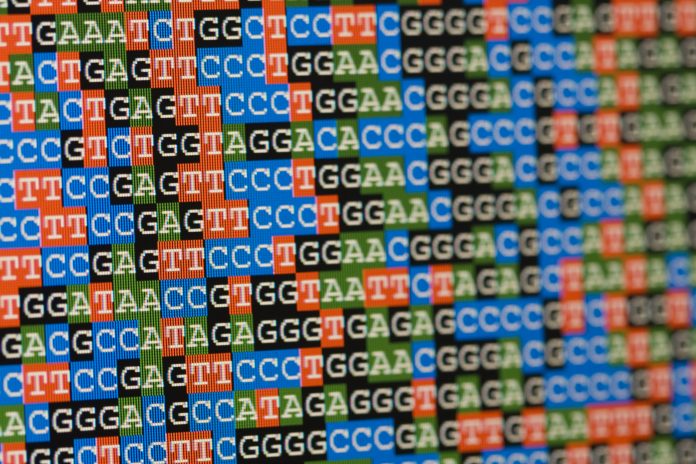
Color and Verily Life Sciences said they will partner to return actionable genetic information to all participants in the Project Baseline Health Study, Verily’s four-year initiative to collect comprehensive health information to better understand health and the transition to disease.
Project Baseline Health Study participants will have access to Color’s physician-ordered, clinical-grade genomic services, board certified genetic counselors, and clinical pharmacists, the companies said, in order to better understand their risk for certain hereditary cancers, heart disease, and genes that impact medication response.
“The partnership demonstrates a commitment by Verily and Color to further research while also recognizing an ethical responsibility for the universal return of actionable results,” Alicia Zhou, Ph.D., Color’s VP of Research and Scientific Affairs, wrote yesterday in announcing the partnership on the precision healthcare company’s blog.
A key component of Project baseline is enabling people to participate in clinical research in an easy and engaging manner. The companies said their partnership reflected that commitment by including virtual services from Color that they said will enable genetic testing to be ordered online, samples to be provided conveniently at home, results to be delivered in a matter of weeks, and genetic counseling to be carried out over the phone.
Participants will be encouraged to work with their physicians to integrate their results into care including preventive actions plans for anyone at a higher risk of a hereditary conditions covered by Color’s tests, the companies added.
“Verily and Color together are demonstrating that not only is returning results the ethical thing to do, but new delivery models can efficiently and effectively recruit participants, return actionable results, and strengthen longitudinal engagement all while conducting invaluable research,” Zhou added.
Verily—the life sciences research organization of Google parent Alphabet—focuses on developing tools to collect and organize health data, then creating interventions and platforms applying insights from that data “to use for more holistic care management.”













